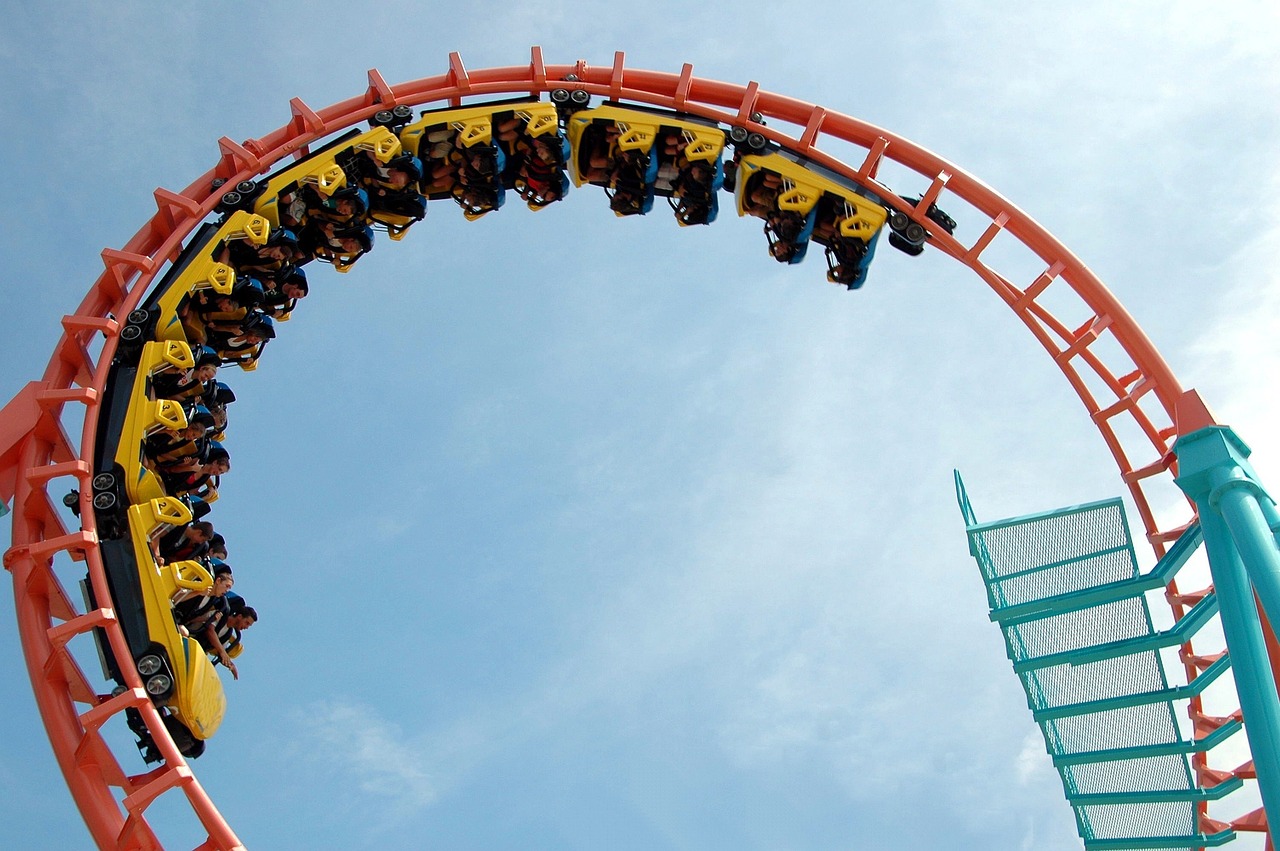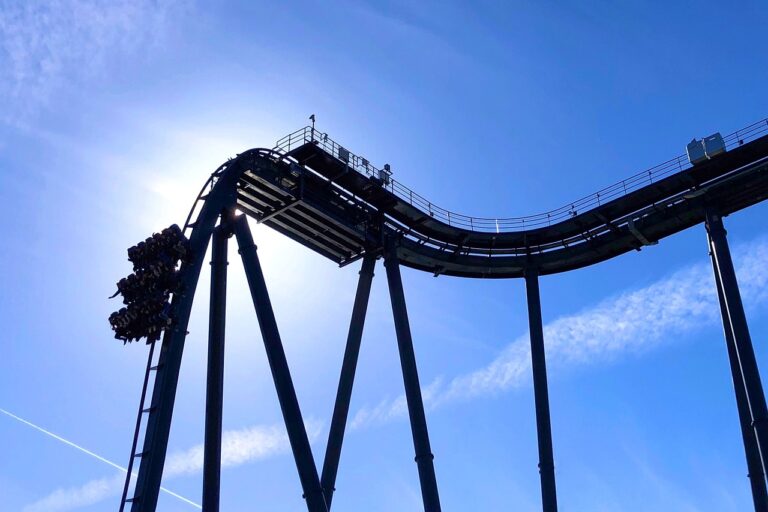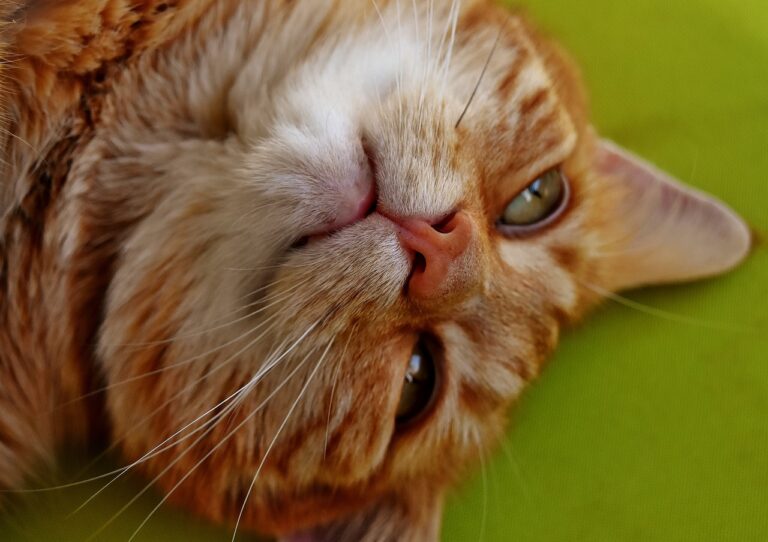The Psychology of Nostalgia in Entertainment: Why We Love Retro Trends
Nostalgic entertainment has a unique ability to evoke powerful emotions within individuals, transporting them back to cherished moments from the past. Whether it’s revisiting a beloved childhood cartoon or listening to a throwback song, these nostalgic experiences tap into our memories and ignite a sense of connection to a bygone era. This emotional resonance often stems from the familiarity and comfort that comes with reminiscing about simpler times, creating a warm and comforting sensation that can be deeply satisfying.
Furthermore, the emotional connection to nostalgic entertainment serves as a bridge between the past and the present, allowing individuals to navigate their current emotions through the lens of memories. This interplay between nostalgia and emotion can provide a sense of solace, joy, or even escapism, offering a temporary refuge from the complexities of modern life. By immersing themselves in nostalgic content, people can not only reconnect with their past selves but also find comfort in the familiarity and nostalgia of yesteryears.
The Role of Memory and Emotion in Retro Trends
Retro trends in entertainment are undeniably popular, drawing upon emotional connections to the past that stir up feelings of nostalgia in consumers. The merging of memory and emotion plays a significant role in the resurgence of retro styles, music, and forms of entertainment. This fusion of nostalgia triggers a sense of comfort and familiarity, often transporting individuals back to a simpler time when life seemed less complicated.
Consumers are increasingly seeking out retro-themed content and products as a way to relive fond memories from their past or experience a time period they never had the chance to encounter. The emotional resonance of these retro trends shapes consumer choices, influencing the types of entertainment they engage with and the products they purchase. This connection to the past through memory and emotion fosters a deep sense of attachment, creating a market demand for retro-inspired experiences that tap into the collective consciousness of nostalgia.
How Nostalgia Influences Consumer Choices in Entertainment
Nostalgia has a powerful grip on our emotions, often leading us to seek out entertainment that reminds us of the past. Whether it’s rewatching a beloved childhood movie or listening to music from a bygone era, consumers are drawn to content that evokes feelings of comfort and familiarity.
This emotional connection plays a significant role in shaping consumer choices in the entertainment industry. Movies, TV shows, and video games that tap into our nostalgia have a unique appeal that can influence purchasing decisions. Brands that understand the nostalgic pull of their content can leverage this sentiment to attract and retain a loyal fan base.
How does nostalgia influence consumer choices in entertainment?
Nostalgia can evoke positive emotions and memories from the past, leading consumers to seek out entertainment that reminds them of happier times.
Why do people feel emotionally connected to nostalgic entertainment?
Nostalgic entertainment often reminds people of their childhood or important moments in their lives, creating a strong emotional connection.
What role do memory and emotion play in retro trends?
Memory and emotion play a significant role in retro trends as consumers are drawn to products and entertainment that remind them of a simpler or happier time in their lives.
Are there any risks associated with relying on nostalgia for consumer choices in entertainment?
While nostalgia can be a powerful tool for marketers, relying too heavily on it can lead to a lack of innovation and the potential for consumers to become bored with repetitive nostalgic content.







